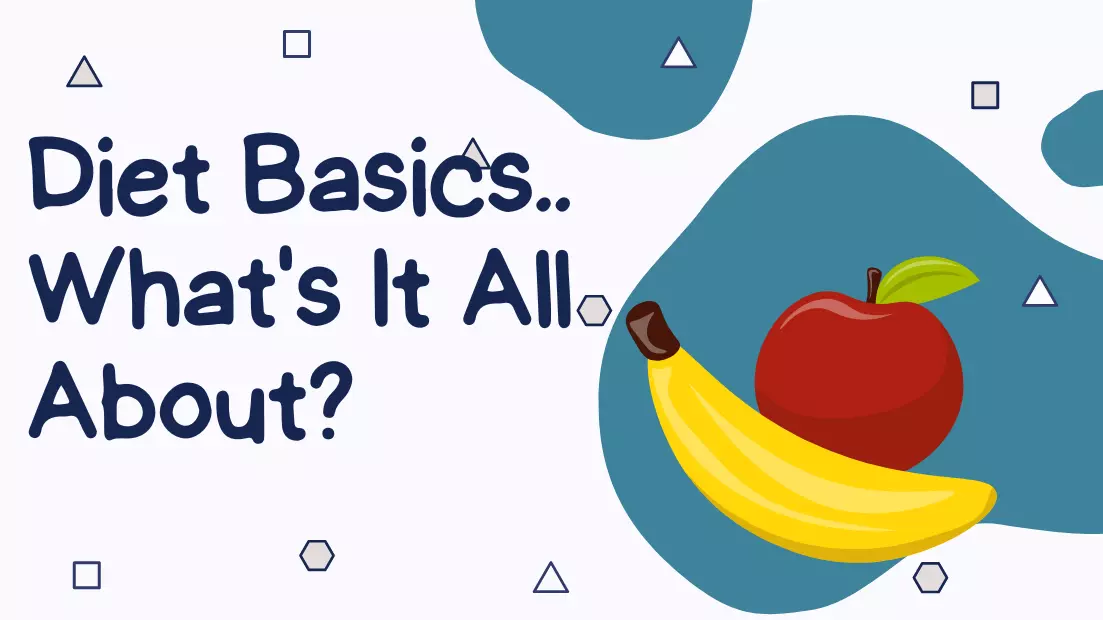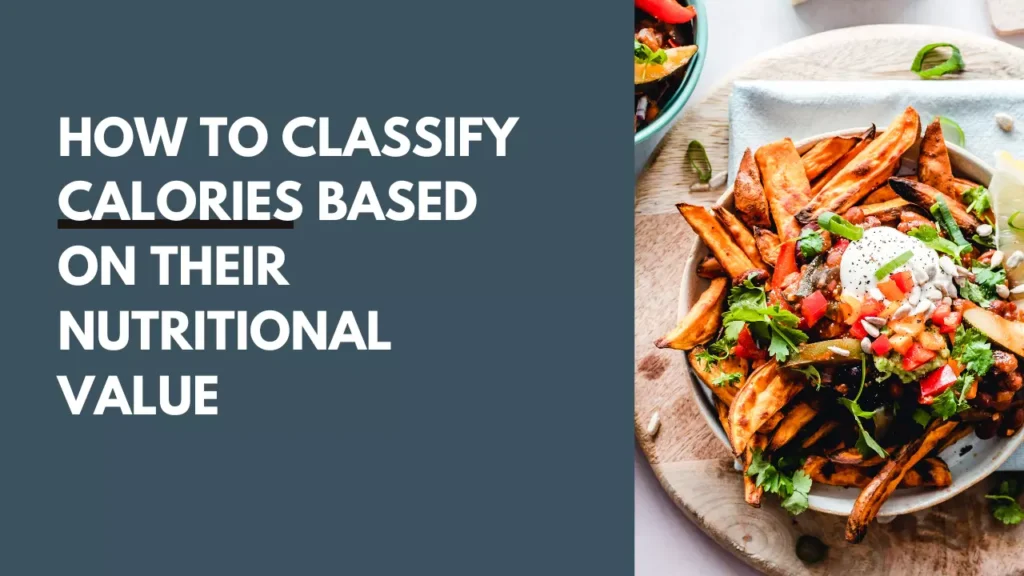
Understanding the Diet Basics is crucial for anyone looking to embark on a journey toward a healthier lifestyle. In a world filled with various diet trends and conflicting information, it’s essential to grasp the fundamental principles that govern successful and sustainable dietary habits.
What is a Diet?
A Diet is more than just a temporary adjustment to what you eat; it’s a lifestyle choice that influences your overall health and well-being. It encompasses the types and amounts of food you consume regularly.
- Balanced Nutrition: A well-rounded diet provides essential nutrients, including proteins, carbohydrates, fats, vitamins, and minerals.
- Caloric Intake: Understanding the balance between the calories you consume and expend is fundamental for weight management.
Types of Diets
Different Dietary Approaches cater to various health goals, preferences, and lifestyles. Each diet has its unique focus, whether it’s weight loss, muscle gain, or managing specific health conditions.
- Ketogenic Diet: Emphasizes low-carb, high-fat intake, pushing the body into a state of ketosis for fat burning.
- Mediterranean Diet: Prioritizes whole foods, healthy fats, and a moderate intake of proteins, inspired by traditional Mediterranean cuisine.
- Vegetarian and Vegan Diets: Exclude or limit animal products, promoting plant-based alternatives for ethical, environmental, or health reasons.
Macronutrients and Micronutrients
Understanding the difference between Macronutrients and Micronutrients is crucial for designing a well-rounded diet that supports overall health.
- Macronutrients (Proteins, Carbohydrates, Fats): Provide the energy needed for daily activities and support various bodily functions.
- Micronutrients (Vitamins, Minerals): Essential for maintaining proper health, even though they are required in smaller quantities.
Portion Control
Mastering Portion Control is a cornerstone of effective diet management. It ensures you get the nutrients you need without overloading your body with excess calories.
- Mindful Eating: Paying attention to hunger and fullness cues helps prevent overeating.
- Use of Smaller Plates: Trick your mind into feeling satisfied with smaller portions by choosing smaller plates.
Hydration
Staying adequately Hydrated is often overlooked but plays a vital role in supporting overall health and well-being.
- Water as a Foundation: Water is essential for digestion, nutrient absorption, and the elimination of waste.
- Individual Needs: Daily water intake varies, and factors like climate, physical activity, and health conditions influence hydration requirements.
Common Diet Mistakes to Avoid
Recognizing and steering clear of common Dietary Pitfalls can significantly contribute to the success of your dietary journey.
- Extreme Caloric Restriction: Drastic calorie reduction can lead to nutrient deficiencies and slow down metabolism.
- Overemphasis on Specific Foods: Relying too heavily on certain foods may result in imbalanced nutrition.
Practical Tips for a Sustainable Diet
Achieving and maintaining a healthy diet requires a combination of knowledge and practical strategies.
- Meal Prepping: Planning and preparing meals in advance helps make healthier choices throughout the week.
- Incorporate Variety: A diverse diet ensures a broad spectrum of nutrients and reduces the risk of nutritional deficiencies.
Listening to Your Body
Tuning into your body’s signals is essential for long-term success in maintaining a healthy diet.
- Intuitive Eating: Pay attention to hunger and fullness cues rather than adhering strictly to external rules.
- Flexibility: Allow yourself occasional treats or deviations, fostering a sustainable and enjoyable relationship with food.
The Role of Exercise
While the focus is on dietary habits, it’s essential to recognize the synergistic relationship between diet and exercise.
- Energy Balance: Balancing caloric intake with physical activity is crucial for weight management.
- Strength Training and Cardio: Combining both types of exercises offers comprehensive health benefits.
Tracking Progress
Regularly monitoring your progress is a valuable tool for staying motivated and making necessary adjustments to your diet.
- Journaling: Keep a food diary to track meals, snacks, and emotional triggers related to eating.
- Celebrate Achievements: Acknowledge and celebrate milestones, no matter how small, to stay motivated.
Conclusion
In the vast landscape of dietary information, grasping the Diet Basics lays a solid foundation for making informed choices. Whether you’re aiming for weight loss, improved health, or simply adopting a more mindful approach to eating, understanding these fundamentals empowers you to tailor your diet to your unique needs. Embrace the journey of discovering what works best for your body, and remember, it’s not just about what you eat, but how you nourish your body for a healthier, happier life.



